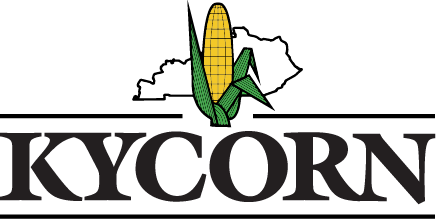WASHINGTON — The Renewable Fuels Association (RFA) on February 15 hailed the release of two studies by the Department of Energy that find ethanol-based high octane fuels can deliver substantial fuel economy improvements and emissions reductions when paired with optimized internal combustion engines.
The studies are part of the DOE’s Co-Optimization of Engines & Fuels initiative (Co-Optima), which is focused on identifying coordinated fuel and engine technology pathways that can improve passenger vehicle performance and reduce greenhouse gas emissions.
DOE started by analyzing the properties of dozens of potential liquid fuel components to determine which blendstocks offer the greatest potential to provide efficiency and emissions benefits in internal combustion engines. In the end, the study narrowed the pallete of fuel options down to the eight most promising high-octane blendstocks that could be blended into gasoline for better performance. These blendstocks, co-optimized with advanced gasoline engines, show potential to improve passenger vehicle fuel economy by 10%.
The study found that alcohol fuels, including ethanol, offer many desirable properties that will help achieve the goals of greater fuel economy and lower emissions. “Alcohols generally impart high Research Octane Number (RON), octane sensitivity, and heat of vaporization when blended into representative gasoline blendstocks,” the study found.
DOE scored the various fuel components using “merit function” criteria that focuses on the fuel’s: ability to improve engine efficiency; ability to meet current critical fuel-quality requirements; and whether there were any “showstopper” barriers to introducing these blendstocks commercially by scale by 2025-2030. Ethanol was among the blendstocks having the highest merit function values, according to DOE.
“As this new DOE research shows, ethanol is a phenomenal source of octane for high-octane fuel blends. Ethanol’s unique attributes—including high octane sensitivity and heat of vaporization—make it a highly attractive component for the high-octane fuel blends of the future,” said RFA President and CEO Bob Dinneen. “We strongly encourage the Environmental Protection Agency to take note of this research as it completes the Final Determination of the Midterm Review for the 2022-2025 fuel economy and GHG standards. Pairing advanced internal combustion engine technologies with high-octane, low-carbon fuels like E25 or E30 would be the lowest cost means of complying with increasingly stringent GHG and fuel economy requirements through 2025 and beyond.”


